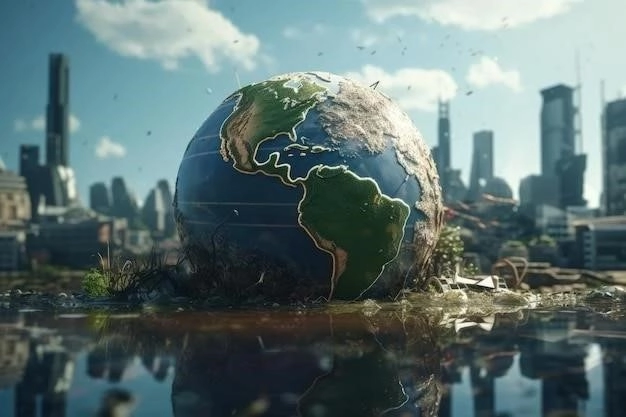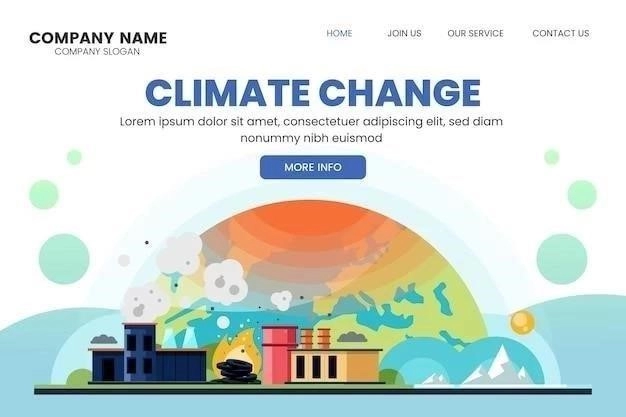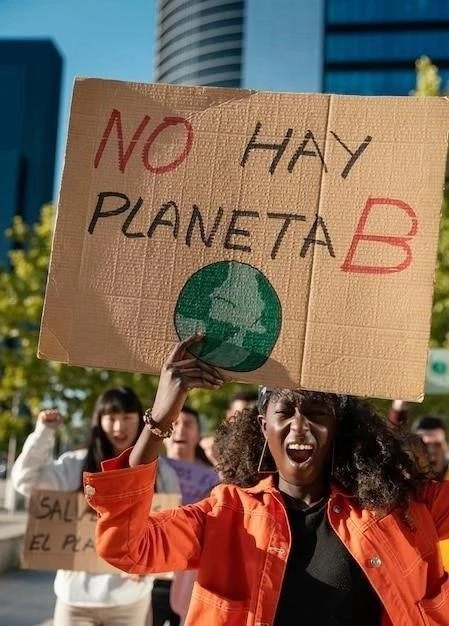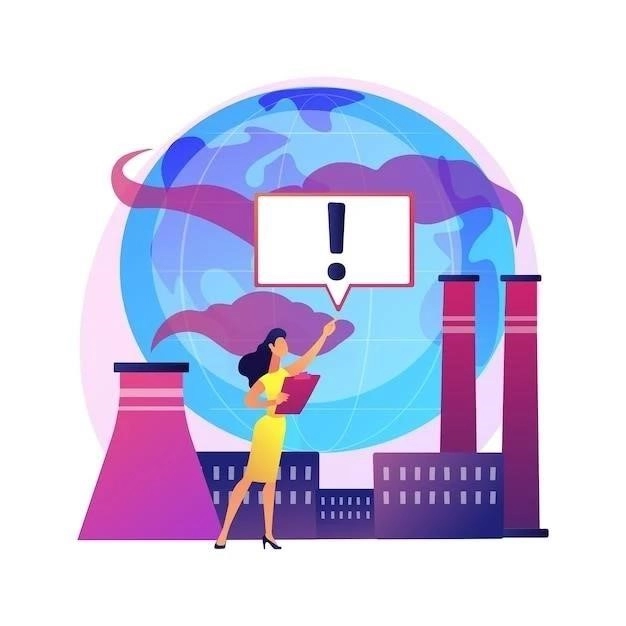Federal Climate Policy and Legislation
Federal climate policy in the United States encompasses a range of actions aimed at addressing climate change. These include enacting legislation to reduce greenhouse gas emissions, promote clean energy, and enhance climate resilience. Significant legislation, such as the Inflation Reduction Act, has been crucial in shaping the nation’s response to climate change.

State and Regional Climate Action Plans
Recognizing the urgency of the climate crisis and the limitations of federal action, numerous states and regions across the United States have taken proactive steps to address climate change within their jurisdictions. These sub-national entities have developed and implemented comprehensive climate action plans tailored to their unique circumstances and priorities. These plans typically outline specific goals, strategies, and policies aimed at reducing greenhouse gas emissions, adapting to the impacts of climate change, and fostering a transition to a more sustainable and resilient future.
State and regional climate action plans often encompass a wide range of measures, including promoting renewable energy sources, enhancing energy efficiency in buildings and transportation, investing in climate-smart infrastructure, and implementing sustainable land management practices. By taking a proactive and localized approach, states and regions are playing a crucial role in advancing climate action, driving innovation, and demonstrating leadership in the face of this global challenge. Their efforts not only contribute to national emission reduction goals but also serve as models for other jurisdictions looking to implement effective climate policies.

The Role of the Environmental Protection Agency (EPA)
The Environmental Protection Agency (EPA) plays a central role in addressing climate change in the United States. Tasked with safeguarding human health and the environment, the EPA develops and enforces regulations, conducts scientific research, and implements programs to mitigate greenhouse gas emissions and bolster climate resilience.
Under the authority of the Clean Air Act, the EPA sets standards for pollutants from various sources, including power plants and vehicles, which contribute significantly to greenhouse gas emissions. The agency also works to reduce methane emissions from the oil and gas industry, a potent greenhouse gas. Furthermore, the EPA plays a crucial role in advancing clean energy technologies and promoting energy efficiency across sectors. Through grants, partnerships, and technical assistance, the agency supports states, communities, and businesses in their efforts to reduce their environmental footprint and transition to a low-carbon economy.

International Cooperation and Diplomacy

Recognizing that climate change is a global challenge requiring collective action, the United States engages in extensive international cooperation and diplomacy to address this critical issue. The U.S. participates in multilateral agreements, such as the Paris Agreement, and collaborates with other nations to reduce greenhouse gas emissions, promote sustainable development, and enhance global climate resilience.

Through bilateral and multilateral partnerships, the U.S. shares expertise, provides financial and technical assistance, and engages in joint research and development efforts to advance climate solutions. Diplomatic efforts focus on encouraging ambitious climate action, strengthening global climate governance, and mobilizing resources to support developing countries in their transition to low-carbon and climate-resilient economies. International cooperation and diplomacy are essential for fostering a coordinated global response to climate change and achieving meaningful progress in mitigating its impacts.

Economic Impacts and the Clean Energy Transition
Climate change and efforts to mitigate it have significant economic impacts, prompting a transition towards cleaner energy sources in the United States. As the nation grapples with the effects of a changing climate, such as increased frequency and intensity of extreme weather events, there is a growing recognition that transitioning away from fossil fuels towards renewable energy sources is not only environmentally necessary but also economically advantageous.
The clean energy sector has experienced substantial growth, creating jobs and attracting investments. Federal legislation like the Inflation Reduction Act incentivizes the development and deployment of clean energy technologies, further accelerating this transition. This shift brings opportunities for economic diversification, innovation, and job creation in sectors such as renewable energy generation, energy efficiency, and clean transportation. Moreover, transitioning to a cleaner energy system reduces reliance on fossil fuels, mitigates the economic risks associated with volatile fuel prices, and improves energy security.











